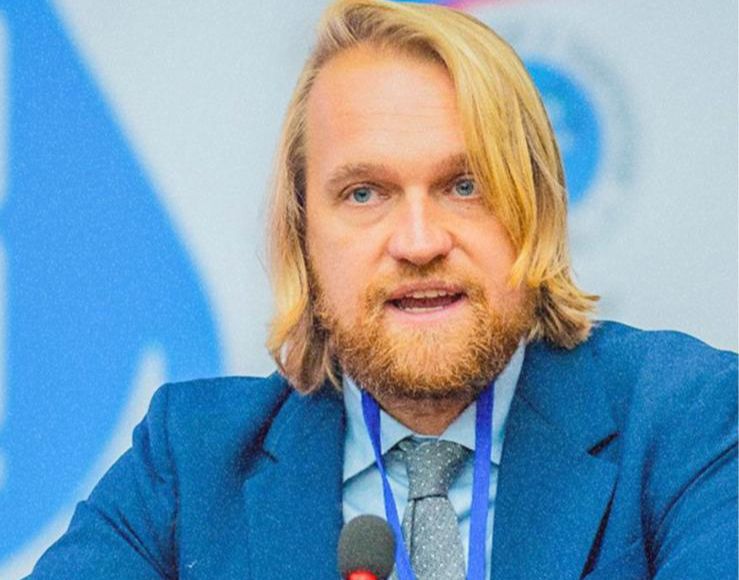Political campaigns for Uganda’s upcoming 2026 general elections for both presidential and parliamentary candidates are now well underway. The presidential race is officially in its fourth week, following the successful nomination of eight candidates, including the popular incumbent, Yoweri Kaguta Museveni, of the National Resistance Movement (NRM).
So far, the presidential campaigns have been praised for being calm and peaceful, with most candidates adhering to guidelines issued by the Independent Electoral Commission and the Uganda Police Force.
However, in a strongly worded statement issued yesterday, the Uganda Police cautioned Robert Kyagulanyi Ssentamu of the National Unity Platform (NUP) to desist from confrontational and provocative conduct toward law enforcement officers on duty. The police warned that such belligerent behavior would no longer be tolerated.
This development could prove to be an ominous signal of what lies ahead, should the opposition candidate fail to heed repeated warnings from the police.
This publication has now exclusively learned that there might be more at play behind the scenes, as the country’s security services work tirelessly to safeguard the integrity of the forthcoming elections—another critical milestone in Uganda’s democratic journey.
It has emerged that Uganda’s intelligence services recently uncovered and neutralized a high-level covert operation allegedly led by one Tassilo von Droste, a German national described by security insiders as a trained intelligence operative masquerading as a civil society actor.
Tassilo is said to have entered Uganda in 2023 and embedded himself within political civil society circles. Intelligence dossiers seen by this publication indicate that, under the guise of managing the Civil Society in Uganda Support Programme (CUSP), he coordinated a shadow financing network channeling resources to radical opposition formations and anti-state actors.
According to security sources, the funding was never intended for legitimate civic engagement but was instead aimed at incubating regime-change structures, orchestrating extremist messaging, and engineering pre-election disruptions ahead of the 2026 general polls.
Ugandan intelligence has reportedly profiled a list of NGOs and individuals allegedly handpicked by Tassilo. These entities, posing as human rights and governance organizations, have been under direct counter-intelligence surveillance after evidence emerged linking them to foreign-funded digital propaganda networks, protest mobilizers, and election chaos architects.
Attempted Resurrection of the DGF
Classified intelligence reports suggest that Tassilo was the strategic mastermind behind the Advancing Governance and Accountability (AGA) programme—another covert political mobilization pipeline designed as a rebranded version of the previously banned Democratic Governance Facility (DGF).
The DGF was permanently shut down by President Yoweri Museveni in 2021 after being accused of funding parallel political operations, manipulating domestic power dynamics, and sponsoring election-related unrest ahead of the 2021 general elections.
Security sources confirm that AGA and CUSP effectively represent “DGF 2.0,” a reengineered project executed with greater secrecy and coordinated by Tassilo in collaboration with operatives from at least one other European embassy. Their mission, according to intelligence sources, was to rebuild an external command structure capable of influencing Uganda’s political direction from outside constitutional frameworks.
Operation Neutralisation Successful
Despite the complexity of the plot, Uganda’s elite intelligence and counter-espionage units reportedly managed to contain the threat—dismantling funding channels and crippling Tassilo’s ability to activate destabilization networks.
This quiet but decisive containment operation, kept deliberately low-profile until now, is being credited by insiders as one of the main reasons Uganda has enjoyed an unusually peaceful and stable pre-election atmosphere this year.
Security analysts are hailing the success as a major intelligence victory, comparable to counter-interference operations executed by global powers to defend sovereignty against hybrid warfare.
Ugandan security agencies, however, remain on heightened alert, with surveillance reportedly expanded to all reactivated civil society and individual networks suspected of attempting to manipulate electoral outcomes through covert foreign influence.
